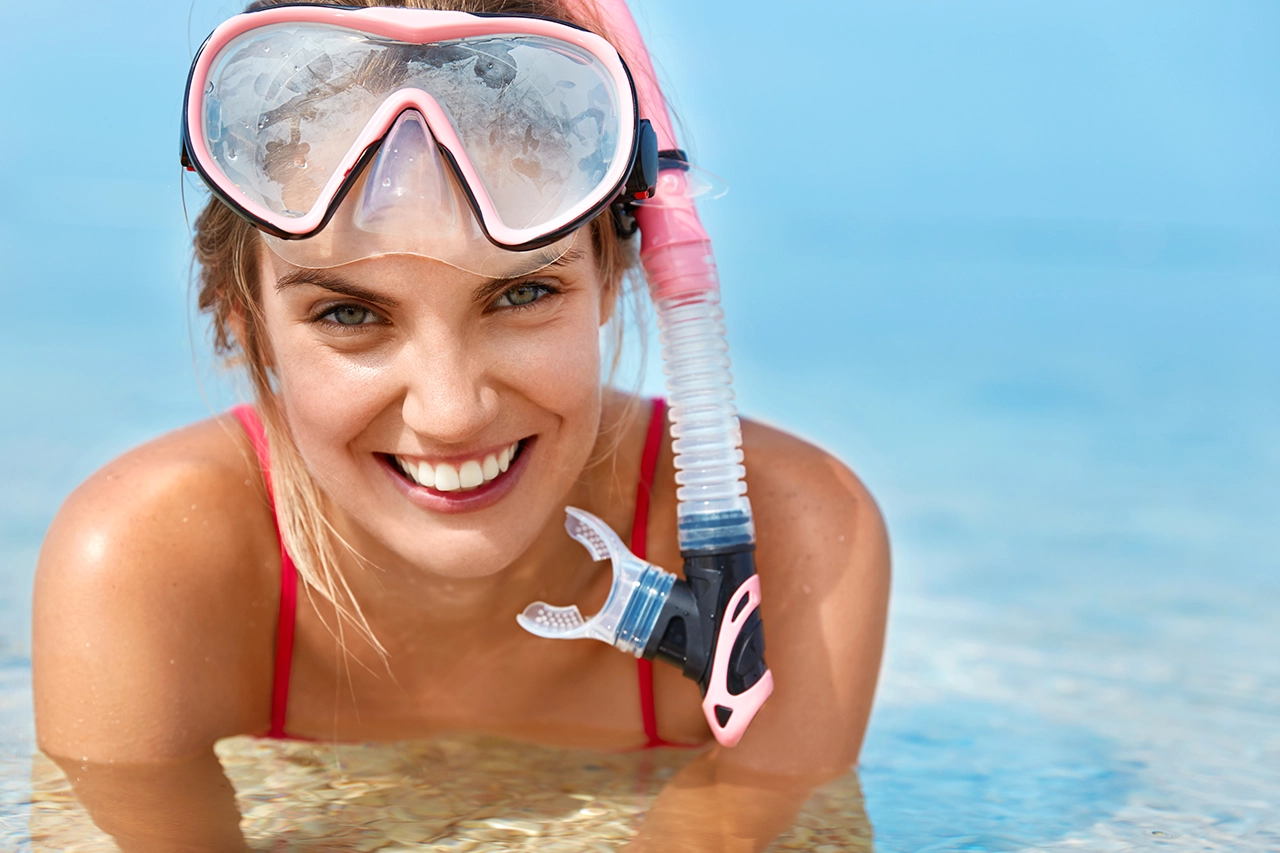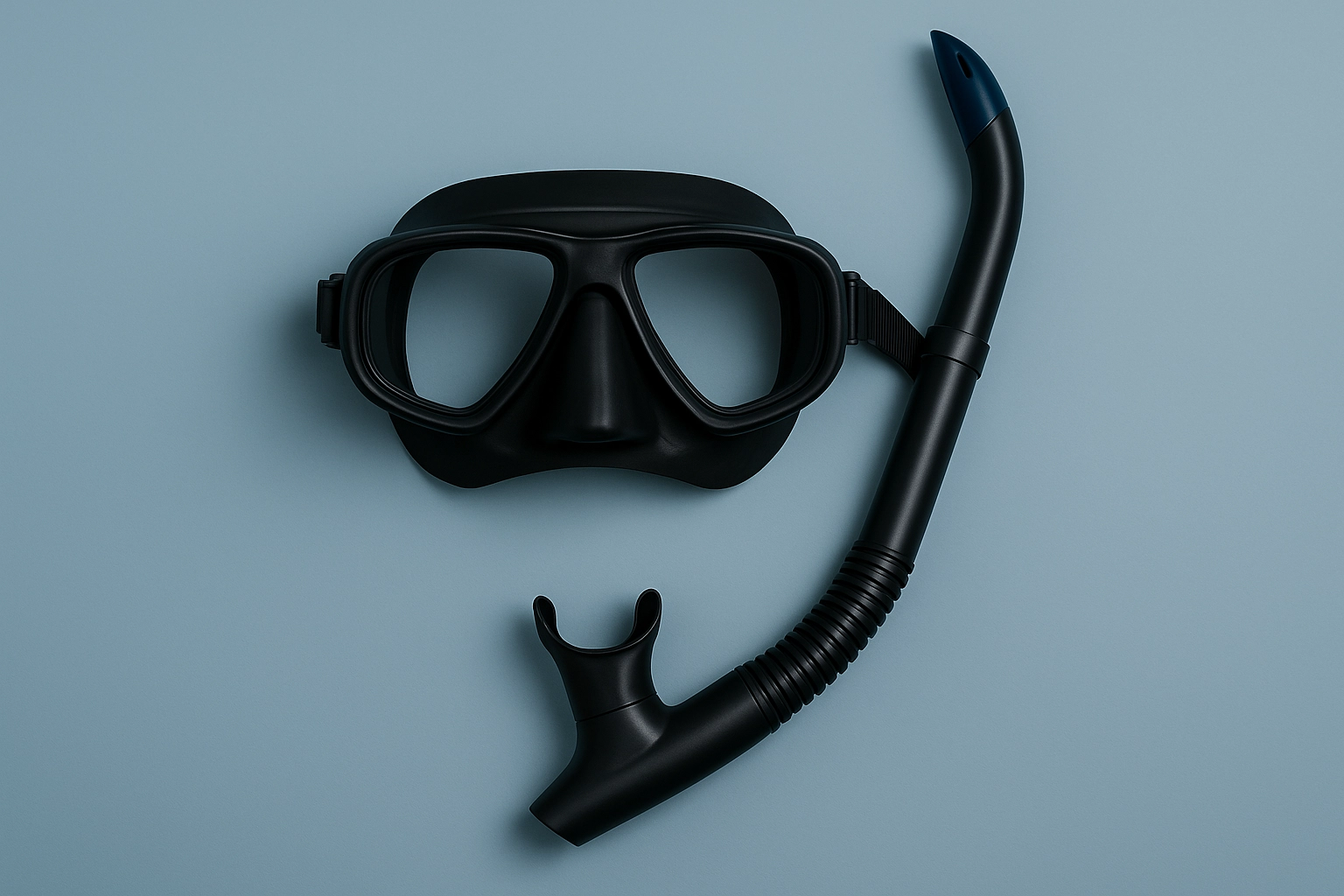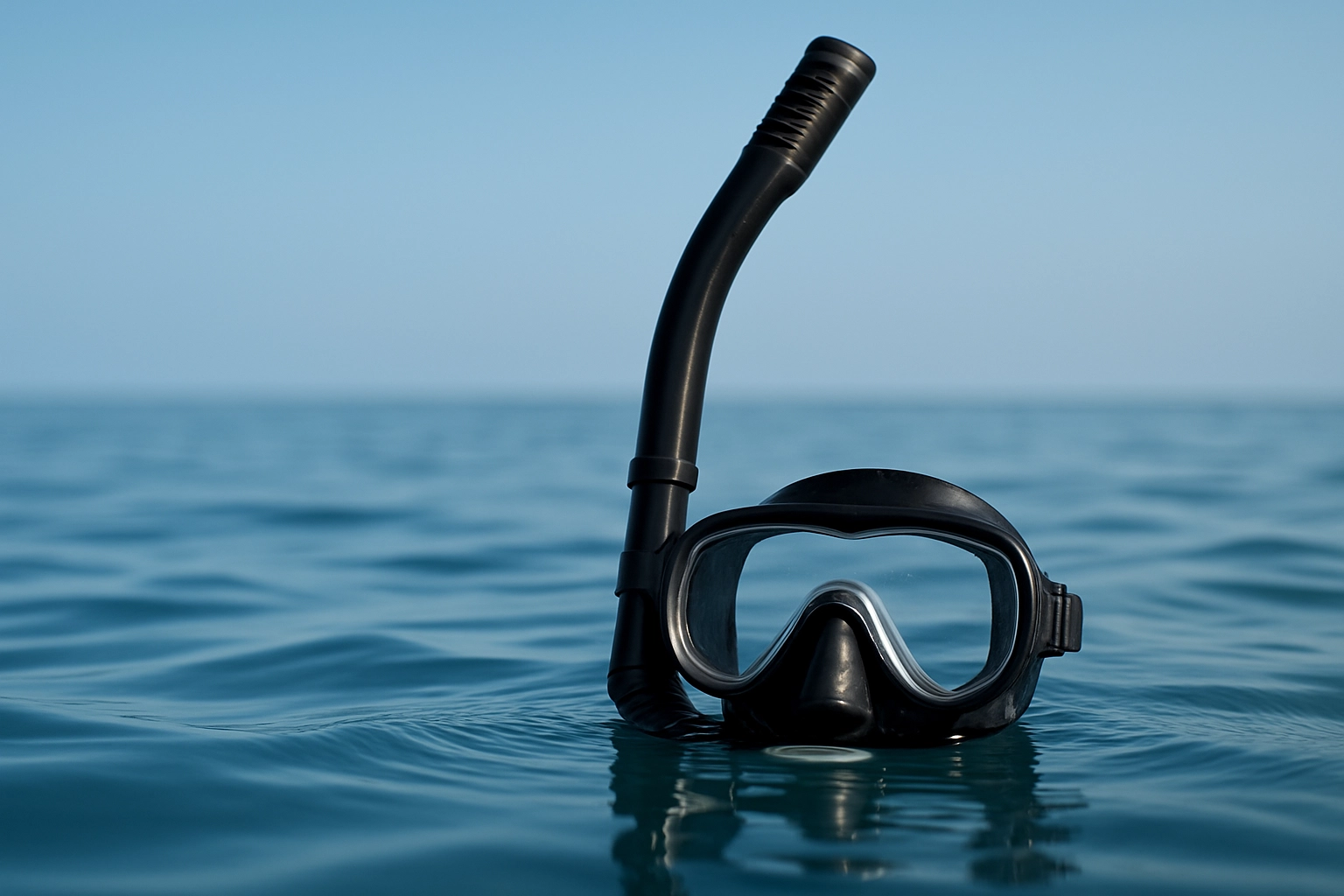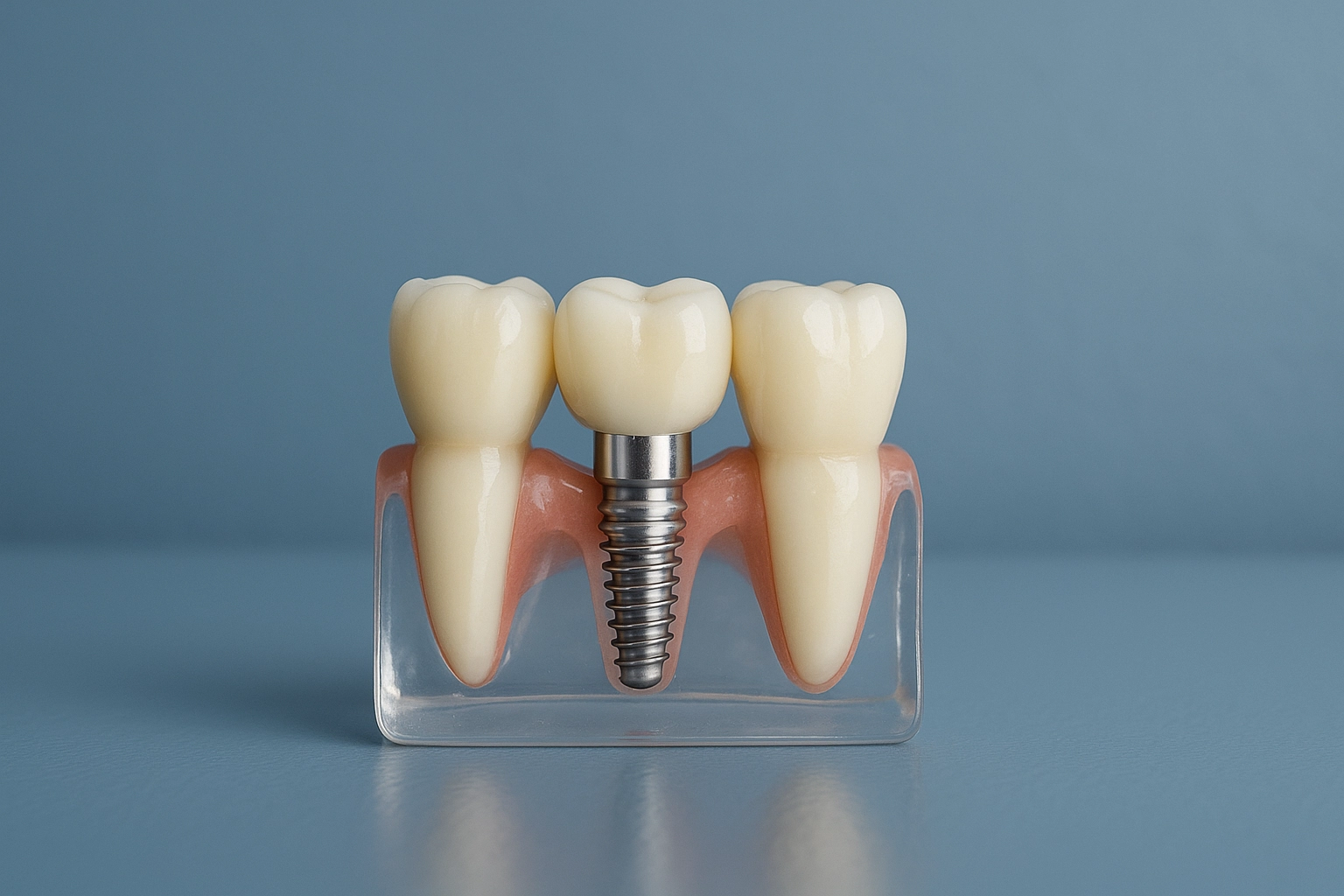
Snorkeling with Dentures: 10 Essential Tips for a Safe & Fun Dive
Snorkeling offers a unique opportunity to explore the underwater world, providing both relaxation and adventure. For individuals who wear dentures, the idea of snorkeling might raise concerns about comfort, security, and the risk of losing their dental appliances.
However, with the right preparation and knowledge, snorkeling with dentures can be a safe and enjoyable experience.
This guide aims to provide comprehensive tips and insights to help denture wearers confidently take the plunge.
Understanding the Basics: How Dentures Interact with Snorkeling Equipment
Dentures are custom-made dental appliances designed to replace missing teeth and restore oral function. When snorkeling, the primary equipment involved is the snorkel mouthpiece, which is held in place by the lips and teeth.
For denture wearers, especially those with full upper or lower dentures, the interaction between the mouthpiece and the dentures is crucial.
A well-fitting denture should remain stable during the gentle biting required to hold a snorkel mouthpiece. However, if the denture is loose or ill-fitting, it may shift or dislodge, leading to discomfort or even the risk of losing the denture in the water.
Understanding how your dentures fit and interact with snorkeling equipment is the first step toward a safe snorkeling experience.
Ensuring a Secure Fit: The Importance of Denture Stability

The stability of your dentures is paramount when engaging in activities like snorkeling. A secure fit ensures that the dentures stay in place, providing comfort and reducing the risk of dislodgement. Signs of a well-fitting denture include the ability to speak and eat without discomfort, no movement of the denture during use, and no sore spots on the gums.
Before snorkeling, it's advisable to have your dentist assess the fit of your dentures. They can make necessary adjustments or recommend relining procedures to enhance stability. Regular dental check-ups are essential to maintain the optimal fit of your dentures, especially if you've experienced weight loss, gum changes, or other factors that might affect denture fit.
The Role of Denture Adhesives: Keeping Everything in Place
Denture adhesives can provide additional security by creating a stronger bond between the denture and the gum tissue. When selecting an adhesive for snorkeling, it's important to choose one that is waterproof and designed for extended wear.
Products like Secure Waterproof Denture Adhesive offer zinc-free, waterproof options that promise up to 12 hours of holding power, ensuring that your dentures remain firmly in place during water activities.
Application Tips:
- Clean and dry your dentures thoroughly before applying adhesive.
- Apply the adhesive in small amounts to prevent oozing.
- Press the dentures firmly into place and hold for a few seconds to ensure a strong bond.
Always follow the manufacturer's instructions and consult with your dentist to find the adhesive that best suits your needs.
Choosing the Right Snorkel Gear: Compatibility with Dentures

Selecting snorkel gear that is compatible with dentures can significantly enhance your comfort and safety. Traditional snorkel mouthpieces may not accommodate dentures well, leading to discomfort or instability.
Customizable mouthpieces, such as the SeaCure Custom Mouthpiece, are designed to mold to the unique shape of your mouth, teeth, and gums, providing a secure and comfortable fit.
Benefits of Custom Mouthpieces:
- Reduced jaw fatigue due to personalized fit.
- Enhanced stability, minimizing the risk of denture displacement.
- Improved comfort during extended snorkeling sessions.
Investing in gear that accommodates your dental appliances ensures a more enjoyable snorkeling experience.
Practicing Before the Dive: Building Confidence and Technique
Before venturing into open water, practicing with your snorkel gear in a controlled environment can build confidence and help you adjust to the sensation of snorkeling with dentures.
Start by using your gear in a swimming pool or shallow water, focusing on breathing techniques and getting accustomed to the mouthpiece.
Practice Tips:
- Begin with short sessions to gradually build comfort.
- Practice inserting and removing the mouthpiece smoothly to prevent dislodging your dentures.
- Simulate snorkeling movements to assess denture stability.
These practice sessions allow you to identify and address any issues before snorkeling in deeper waters.
Key Techniques for Safe Snorkeling with Dentures

Once you're comfortable with your gear, it's time to apply best practices for snorkeling with dentures in open water. Maintaining proper techniques ensures both safety and the integrity of your dental appliances.
Key Techniques:
- Enter the water slowly and avoid sudden movements that could dislodge your dentures.
- Keep your mouth closed around the snorkel mouthpiece, using your lips and gums to maintain a seal.
- Avoid biting down too hard on the mouthpiece, which can cause discomfort or damage to your dentures.
- If you need to remove the mouthpiece, do so gently and in a controlled manner to prevent dislodging your dentures.
By adhering to these techniques, you can enjoy snorkeling while minimizing risks to your dentures.
Post-Snorkeling Care: Maintaining Denture Hygiene
After enjoying a snorkeling session, it's crucial to care for your dentures to maintain their integrity and ensure your oral health remains uncompromised.
Exposure to saltwater or chlorinated pool water can leave residues on your dentures, potentially leading to staining or material degradation over time.
Cleaning Steps:
- Rinse Thoroughly: Immediately after snorkeling, remove your dentures and rinse them under fresh, lukewarm water to eliminate salt, chlorine, and any debris.
- Brush Gently: Using a soft-bristled toothbrush and a non-abrasive denture cleaner, gently brush all surfaces of the dentures. Avoid using regular toothpaste, as it can be too abrasive and may scratch the denture surface.
- Soak Overnight: Place your dentures in a denture-soaking solution or plain water overnight. This helps to keep them moist, preventing warping, and ensures a deeper clean by removing bacteria and stains.
- Inspect for Damage: Regularly check your dentures for any signs of wear, cracks, or damage. If you notice any issues, consult your dentist promptly to address them before they worsen.
By incorporating these steps into your post-snorkeling routine, you can prolong the lifespan of your dentures and maintain optimal oral health.
When to Seek Professional Advice: Consulting Your Dentist
Regular dental check-ups are essential, especially for denture wearers who engage in activities like snorkeling. Your dentist can assess the fit and condition of your dentures, ensuring they remain comfortable and functional.
Reasons to Consult Your Dentist:
- Loose Fit: If your dentures feel loose or unstable, they may require adjustment or relining to restore a proper fit.
- Discomfort or Soreness: Any persistent discomfort, sores, or irritation should be evaluated to prevent further complications.
- Damage or Wear: Cracks, chips, or other damage can compromise the function of your dentures and should be addressed promptly.
- Preparation for Activities: Before engaging in activities like snorkeling, consult your dentist to ensure your dentures are suitable and to receive personalized advice.
At Brighton Implant Clinic, our experienced dental professionals are dedicated to providing comprehensive care, ensuring your dentures fit well and support your active lifestyle.
Exploring Alternatives: Considering Implant-Supported Dentures

For individuals seeking enhanced stability and comfort during activities like snorkeling, implant-supported dentures present a compelling solution.
Unlike traditional dentures that rest on the gums, implant-supported dentures are anchored directly to the jawbone using dental implants. This secure attachment minimizes the risk of dentures shifting or dislodging during physical activities, providing a fit that closely mimics natural teeth.
Beyond improved stability, implant-supported dentures offer enhanced comfort. The firm anchorage allows for more efficient chewing and clearer speech, reducing the common discomforts associated with conventional dentures.
Additionally, dental implants stimulate the jawbone, helping to prevent bone loss that often occurs with traditional dentures. This bone preservation is crucial for maintaining facial structure and overall oral health.
At Brighton Implant Clinic, we specialize in implant dentistry, offering personalized solutions to restore your smile and confidence. Our experienced team is equipped to guide you through the process, ensuring optimal outcomes tailored to your individual needs.
Whether you're considering implant-supported dentures for improved functionality or aesthetic reasons, we're here to help you achieve a comfortable and secure fit that enhances your quality of life.
Frequently Asked Questions (FAQs)
Can I snorkel with partial dentures?
Yes, you can snorkel with partial dentures. Ensure they fit securely and consider using a denture adhesive for added stability. It's also advisable to practice in a controlled environment before venturing into open water.
What should I do if my dentures feel loose during snorkeling?
If your dentures feel loose, exit the water safely and remove them to prevent dislodgement. Consult your dentist to assess the fit and make necessary adjustments.
Are there specific snorkel masks recommended for denture wearers?
Full-face snorkel masks or those with customizable mouthpieces can offer better comfort and security for denture users. It's important to choose equipment that doesn't exert undue pressure on your dentures.
How can I prevent my dentures from dislodging while snorkeling?
Ensure a proper fit by consulting your dentist, use a reliable denture adhesive, and practice controlled breathing and movements. Avoid biting down too hard on the mouthpiece, as this can cause discomfort or dislodge the dentures.
Is it safe to use denture adhesives in saltwater?
Many denture adhesives are water-resistant, but it's essential to choose one suitable for aquatic activities and follow the manufacturer's guidelines. Consult your dentist for recommendations tailored to your needs.
Conclusion
Snorkeling with dentures is entirely feasible with the right preparation and care. By ensuring a secure fit, using appropriate adhesives, selecting compatible equipment, and maintaining diligent oral hygiene, you can enjoy the underwater experience without concern.
Should you seek further guidance or wish to explore options like implant-supported dentures, the team at Brighton Implant Clinic is here to assist you in achieving comfort and confidence in all your activities.










